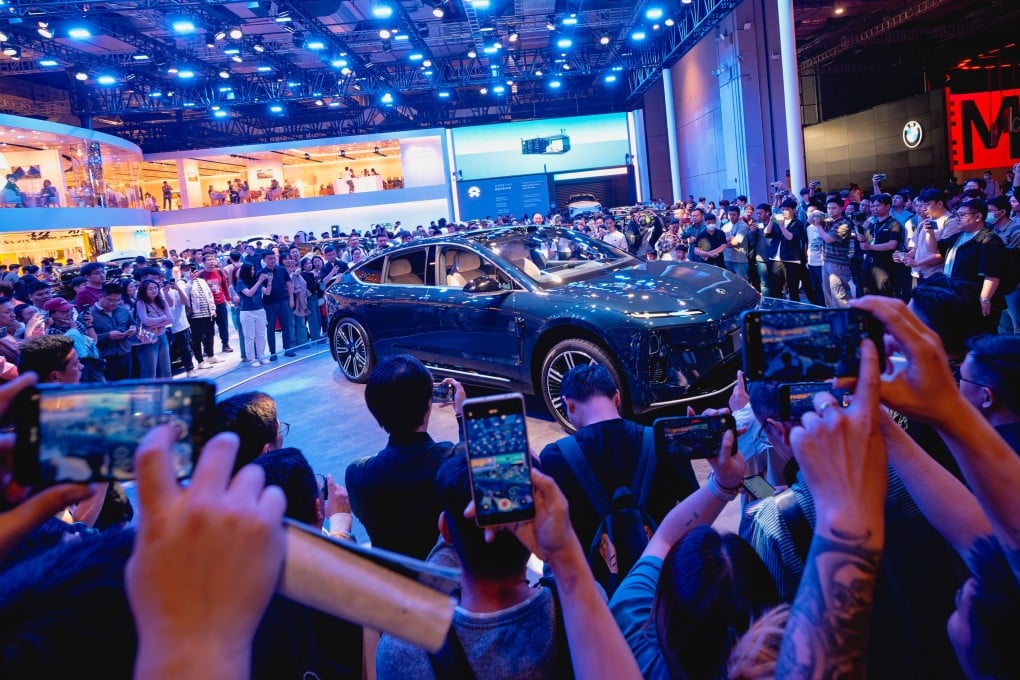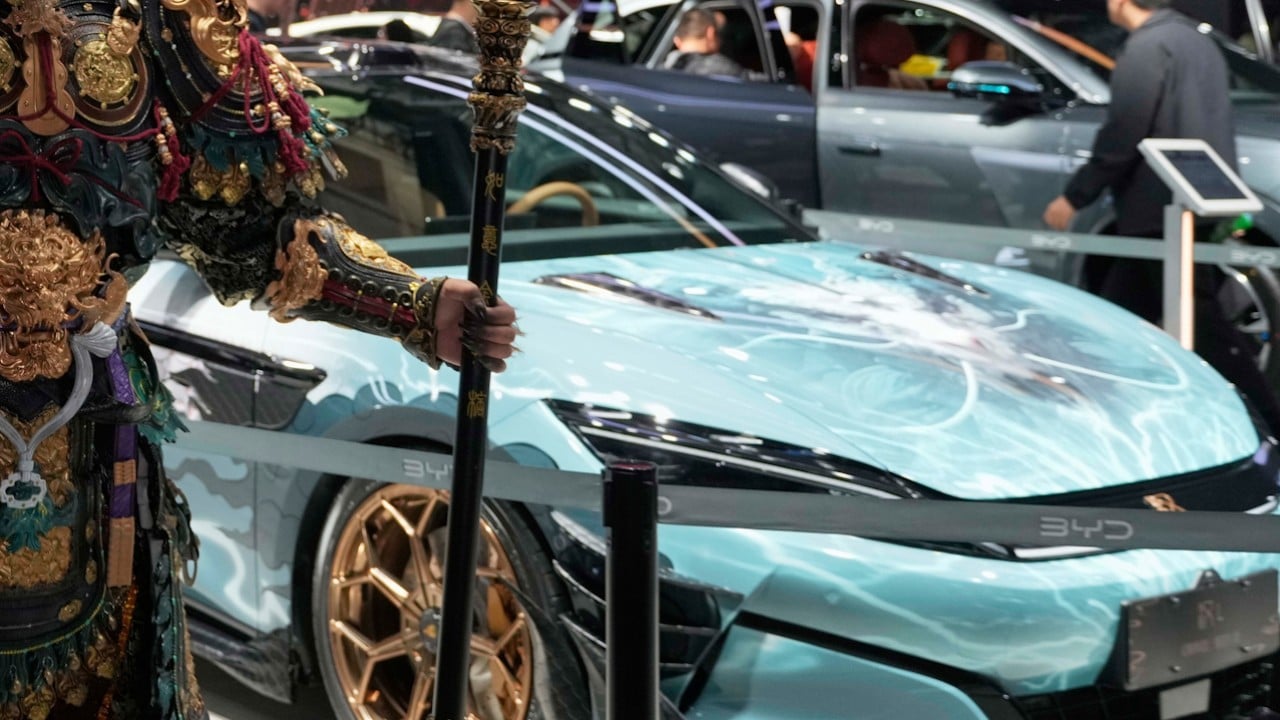Volkswagen, GM, Nissan adopt Chinese technology as they strive to win back EV market share
More than a dozen new EV models from foreign giants at Auto Shanghai feature the latest Chinese technologies in battery, digital cockpit and self-driving

More than a dozen new EV models displayed by the global automotive giants at the auto show featured the latest Chinese technologies including batteries, digital cockpits and preliminary autonomous driving. The trade show, the world’s largest of its kind, opened on April 23 and will conclude on Friday.
“They still have strong interest in this market [as] there is no alternative to the Chinese market,” said Carlo Diego D’Andrea, chairman of the European Union Chamber of Commerce’s Shanghai chapter. “The things that [they] can do is keep investing and try to be part of the success story.”
Chinese EV makers grew by leaps and bounds, buoyed by government subsidies and consumers’ willingness to embrace new technologies, eclipsing their foreign rivals in terms of manufacturing and design heft. The market share of foreign car brands fell to 40 per cent in 2024 from 50 per cent in 2023, the China Passenger Car Association said.
